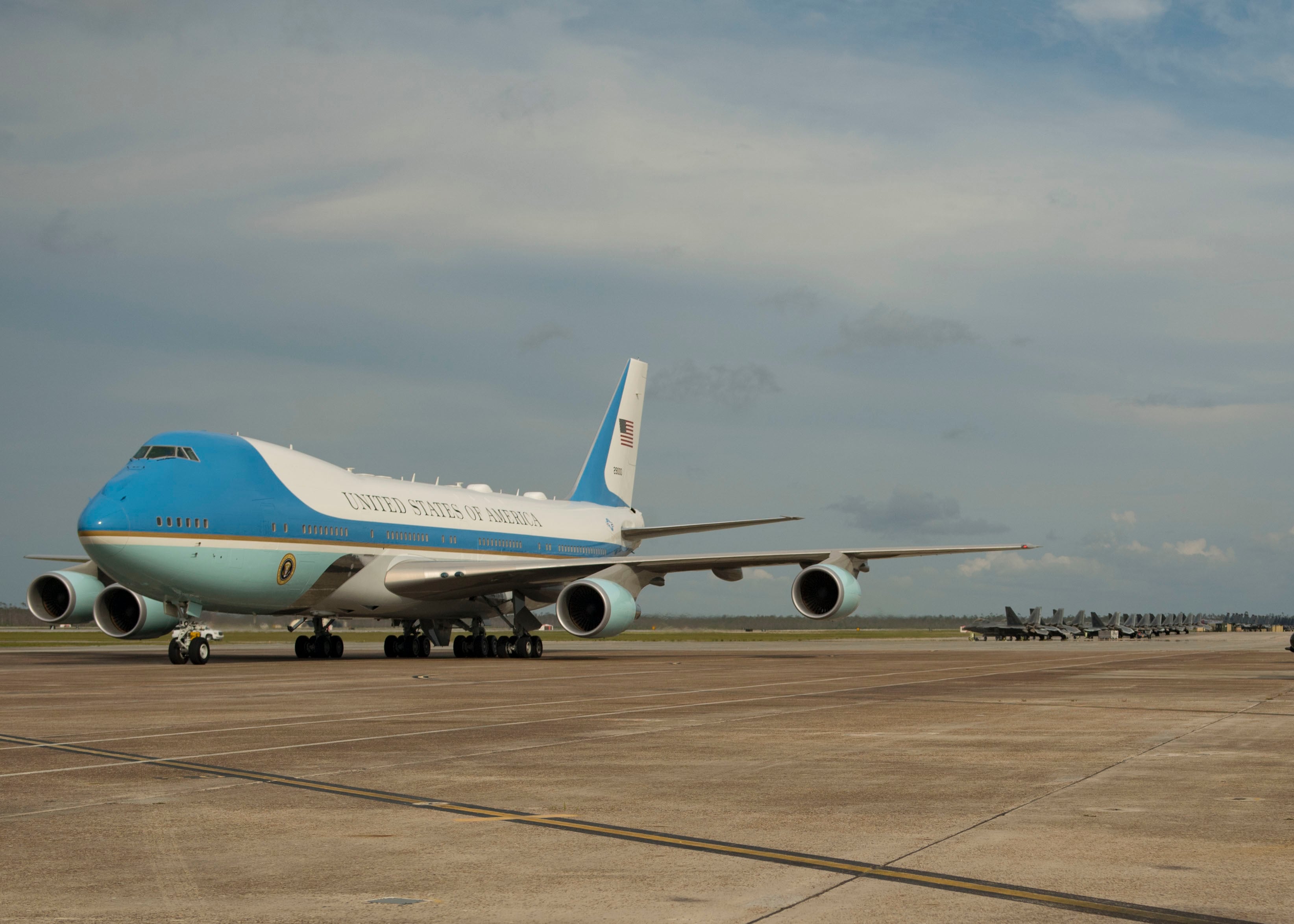WASHINGTON ― Partisan sparring over the size of the defense budget marked the House Armed Services Committee’s debate of its annual policy bill Wednesday, highlighting the headwinds faced by the legislation.
Rebuking at the House bill’s $733 billion top line, which is $17 billion less than the Trump administration requested, panel Republicans threw their weight behind an amendment to add the money back. The GOP-controlled Senate is due to consider a rival $750 billion bill that passed the Senate Armed Services Committee in May.
If the committee’s hawkish Republicans vote against the bill in large numbers at the markup, the chamber’s Republicans will also vote against it, observers said.
In that scenario, Democrats would have to rally their own ranks ― a challenge when the number of progressives in the party have expanded since 49 Democrats voted against the annual defense policy bill last year.
HASC’s ranking member, Rep. Mac Thornberry, offered the measure to meet the administration’s request and the Pentagon’s unfunded acquisition priorities. In lockstep Wednesday, Republicans repeatedly argued that a $750 billion top line reflects the 3 to 5 percent minimum growth defense leaders have testified they need to counter Russia and China.
“That is what is required to continue to repair readiness and not fall behind critical areas with the Russians and Chinese,” Thornberry said “Hypersonics: We cut the administration’s request and we are behind in hypersonics.”
RELATED

A few other Republicans characterized the $17 billion reduction in terms of acquisition programs, like House Seapower and Projection Forces Subcommittee ranking member Rob Wittman, R-Va. The $17 billion delta represents “significant carnage,” including more than $500 million in submarine construction, nearly $400 million in aircraft carrier construction, $200 in carrier refueling and nearly $100 million in destroyer construction.
Wittman offered a soliloquy likening the sea power section of the bill to the book “Tale of Two Cities,” because some parts he favored and some were akin to the “late night winter of despair.”
On the top-line, HASC Chairman Adam Smith, D-Wash., argued the defense budget is on a strong, yearslong upward trajectory. He added that $733 billion is a great improvement on the $576 billion budget cap and that the Defense Department initially prepared a $733 billion budget.
“If you simply give them another $17 billion, which has not gone through the rigorous analysts that the $733 went to, it is my legitimate concern that that $17 billion will be wasted,” Smith said.
Thornberry fired back that accident rates have climbed as lawmakers have held back. “What happens is we keep asking them to do more and more without giving them resources to do the job? And unfortunately they suffer the consequences,” he said.
RELATED

Several Republicans favored the Thornberry amendment’s inclusion of $2.3 billion to repair military installations that were damaged by floods and hurricanes.
Smith defended the bill, saying the aid was excluded because the president recently signed a $1.6 billion disaster aid bill that covers the posts’ 2019 needs. The House Appropriations Committee planned to provide funding for 2020 needs, he said.
The Defense Department estimates total rebuilding costs at $4.8 billion, according to committee staff. Beyond the $1.6 billion bill for fiscal 2019, House appropriators approved $2.3 billion for fiscal 2020 — but that amount is not included in the defense policy bill.
The $1.6 billion bill “does not make them whole,” Thornberry said.
The debate was expected to continue, as Thornberry’s amendment is likely to come to a vote during the markup, which is expected to stretch from Wednesday into the early morning of Thursday.
Joe Gould was the senior Pentagon reporter for Defense News, covering the intersection of national security policy, politics and the defense industry. He had previously served as Congress reporter.





